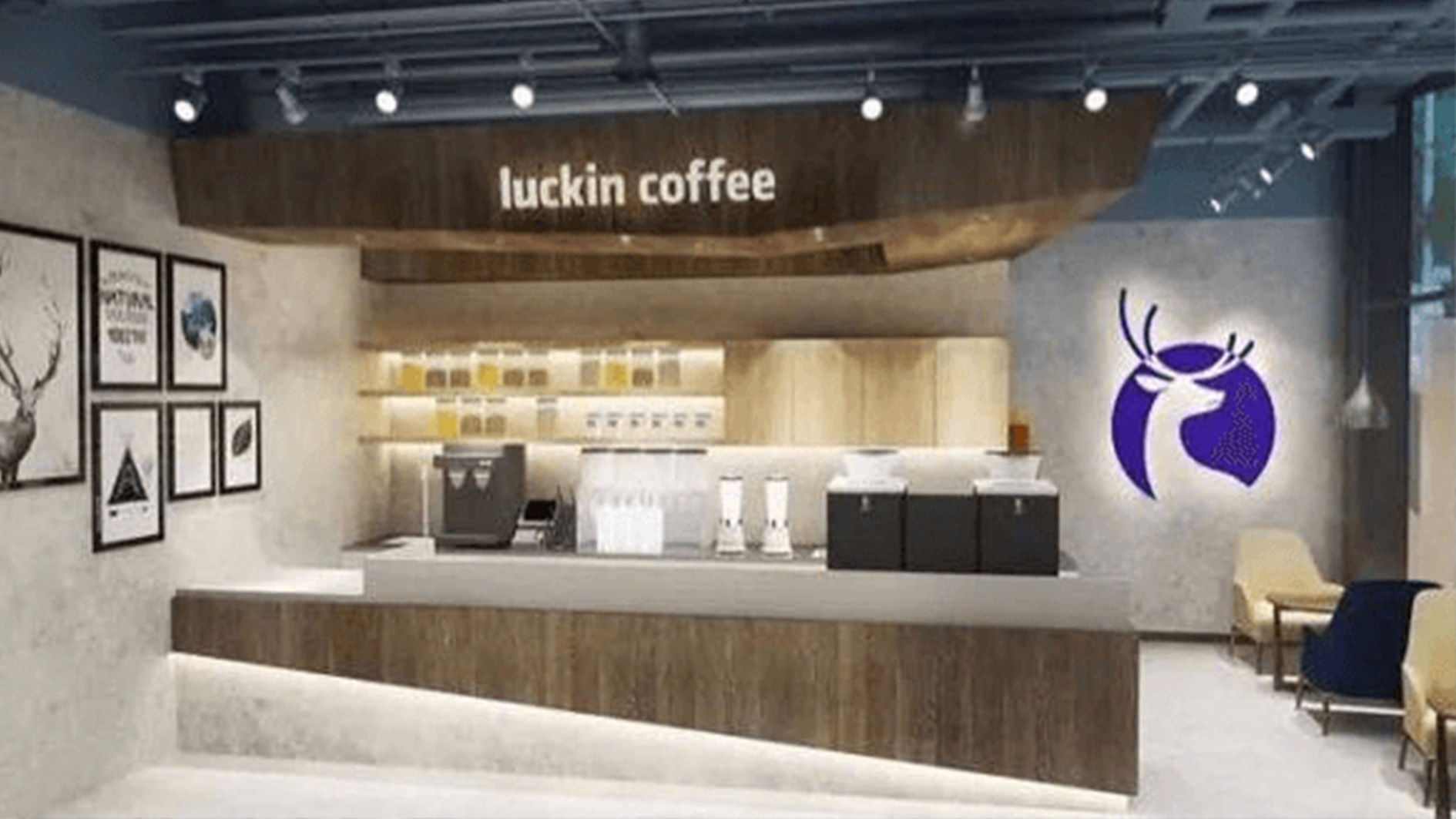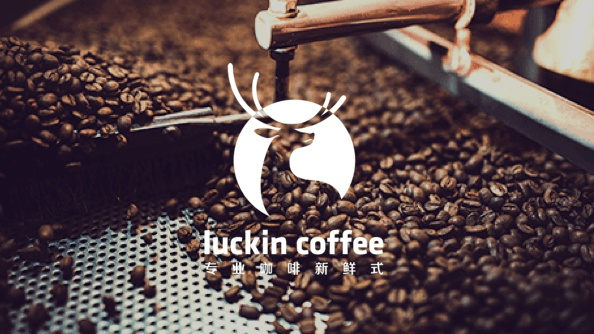
Money Stories
17:14, 22-Apr-2019
Luckin's dilemma: Expand or retain profits?
Updated
17:53, 22-Apr-2019
Yu Wen
03:23

A rising power in China's coffee market Luckin Coffee is continuing its wave of expansions, but unfortunately neither of its new shops or promotional campaigns are bringing any profits.
Recently, Luckin opened new shops in 14 Chinese cities, expanding its presence to 36 cities nationwide.
The company is also running a promotional campaign, giving away a total of five million yuan (744,000 U.S. dollars) every week until the middle of May.
The cash prize is given to customers who purchase seven or more items, but even the prospect of some free money is not creating a buzz.
Feedback from last five weeks of subsidies indicate that the campaign has failed to attract new consumers.
Analysts say the offer may help consolidate Luckin's current consumer base, but is unlikely to help in expanding the base.
So the company is now focusing on improving its financial base.

Luckin Coffee's logo /Photo from Luckin official website
Luckin Coffee's logo /Photo from Luckin official website
The coffee brewer managed to raise two rounds of funding last year, taking in 400 million U.S. dollars, and valuing the company at 2.2 billion U.S. dollars. Last year's finance report, however, showed a loss of 860 million yuan (around 128 million U.S. dollars).
In what seemed as a desperation move, Luckin managed to pawn all its coffee machines this month for 45 million yuan.
"There are two reasons why Luckin stays in the red. First it has invested a lot in its coffee machines. Second, it is expanding too fast, and that means high expenses on rental and employment," said Yang Zhongning, an investment consultant at Industrial Securities.
Despite financial pressures, the company is continuing to fast-track its expansion. It is planning another 2,500 coffee shops this year, taking the nationwide number to 4,500-- more than Starbucks.
Moreover, the company's co-founder Yang Fei said in January that Luckin would continue to subsidize its customers for the next three to five years.
Wang Zhendong, the president of Shanghai Feiyue Investment Management Corp., believes the company is determined to impress investors which could be a dangerous strategy.
"On one hand, they want to give investors confidence by expanding their market presence. But on the other hand, it's faced with the dilemma that if it doesn't shut down poorly performing shops it can't be profitable, and if it does shut shops it will harm investors' confidence," Wang explained.
Luckin hopes to evade the fate of its predecessors that pursued a business model of "money for market coverage." That pattern has prevailed with a streak of Chinese players, from group purchasing, to food delivery, to bike sharing and car hailing. Companies in all these businesses either went bankrupt or were acquired by tech giants.
Luckin's last chance might be raising money from the public. The company is reported to be seeking a U.S. IPO in late May or early June, looking at a market cap of three billion U.S.dollars.

SITEMAP
Copyright © 2018 CGTN. Beijing ICP prepared NO.16065310-3
Copyright © 2018 CGTN. Beijing ICP prepared NO.16065310-3